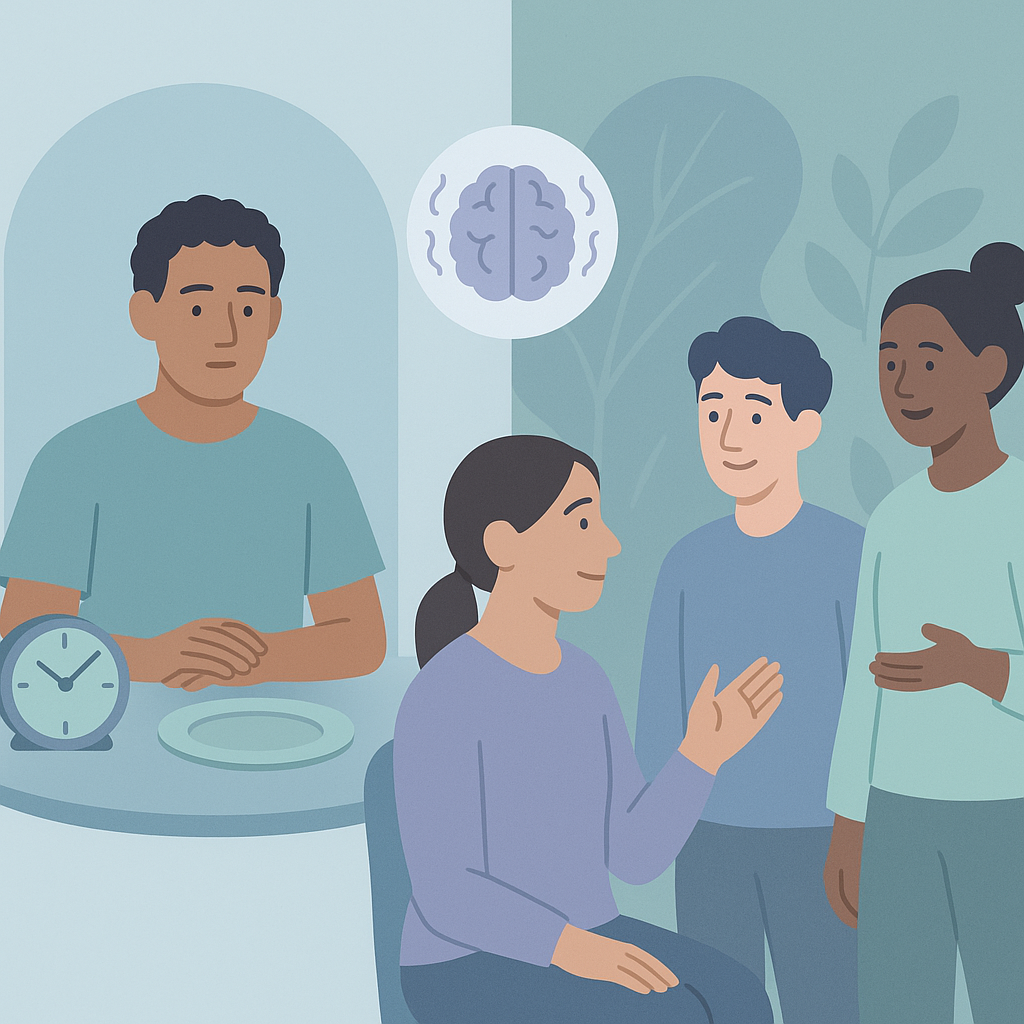Intermittent Fasting May Help Reduce Seizures and Improve Social Skills
⚠️ Infant dosing/safety: medication and diet decisions for infants require individualized medical guidance.
Source: Epilepsia
Summary
Researchers studied the effects of daily intermittent fasting (IF) on mice with absence epilepsy, a type of epilepsy that causes brief seizures and loss of consciousness. They used a specific mouse model known as Grm7AAA to explore how this fasting approach could impact both seizures and related issues like social behavior. The study lasted for one month and included various methods to measure brain activity, behavior, and changes in gene expression.
The key findings showed that daily intermittent fasting reduced the frequency of seizures in the mice and improved their ability to recognize and interact socially. The researchers found that fasting led to changes in the brain's blood vessels and gene activity, which are important for brain health. This suggests that intermittent fasting not only helps control seizures but also addresses some of the cognitive challenges that come with absence epilepsy.
This study is important because it offers a new potential treatment option for absence epilepsy that may have fewer side effects than current medications. However, it is essential to note that this research was conducted in mice, so more studies are needed to see if these results apply to humans. Additionally, while intermittent fasting showed promise, it may not be suitable for everyone, and further research is necessary to understand its long-term effects.
Free: Seizure First Aid Quick Guide (PDF)
Plus one plain-language weekly digest of new epilepsy research.
Unsubscribe anytime. No medical advice.





